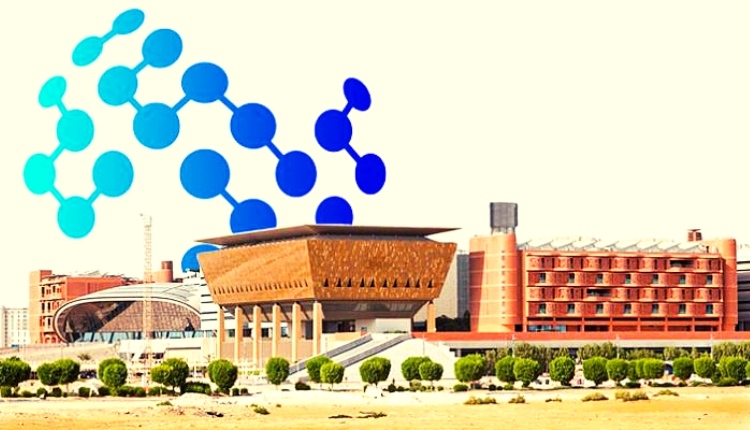The University of Mohammed Bin Zayed is strengthening its efforts in the healthcare sector, focusing on various important research aspects in this field.
The university presents an overview in the following report, coinciding with the World Health Day celebrated annually on April 7th under the theme “My Health is a Trust,” regarding its participation in this field. Especially since artificial intelligence represents a qualitative leap in the healthcare sector, especially in areas of prevention, early detection, formulating specifically designed drugs, and enhancing access to medical treatments. Thus, these technologies can play a vital role in expanding healthcare services to include the most vulnerable groups in society.
Malaria is classified as one of the oldest known diseases to humanity, with efforts being made by a group of researchers at the University of Mohammed Bin Zayed for Artificial Intelligence. These scientists, funded by the “Final Mile” initiative, are developing artificial intelligence-based applications to support doctors and public health specialists in Indonesia to reduce the harmful effects of malaria affecting the country’s population of over 270 million people.
These software unify sensing information collected from various sensor devices to create a digital replica of reality known as a “digital twin.”
This approach can offer reliable weather forecasts and provide an immediate approximate description of environmental conditions, enhancing authorities’ ability to access detailed information regarding areas susceptible to malaria outbreaks, thus contributing to preventing the spread of the disease.
Medical care employing artificial intelligence in prediction aims to anticipate and forecast diseases in advance to take proactive preventive measures and offer tailored treatment for each patient’s condition.
This method contributes to studying and analyzing vast amounts of data to identify patterns for developing and improving preventive healthcare, reducing hospital stays, and ultimately, saving lives.
In this context, a group of researchers at the University of Mohammed Bin Zayed for Artificial Intelligence is using machine learning and computer vision techniques to detect heart and artery diseases through computed tomography scans.
The AI system assists doctors by evaluating medical images and highlighting areas within the body requiring intensive monitoring.
The university aims to enhance the use of smart technologies in remote patient monitoring by using advanced sensing systems and algorithms that remotely monitor vital signs and health metrics to provide instant data on patient health and safety.
This technology enables proactive measures, reduces the need for hospital readmissions, improves healthcare efficiency on a wide scale, and provides specific benefits to patients with chronic conditions in remote and isolated areas.
These tools can be utilized to oversee and safeguard the health of the elderly, providing necessary assistance for them to continue living in their homes.
Various wearable smart devices can be integrated into specialized systems for remotely monitoring and supporting patients to track conditions such as the patient’s heart rate, temperature, general body condition, and location.
In the field of medical drug development, Mohamed Bin Zayed University for Artificial Intelligence established a partnership last year with “Cures AI” company to establish a leading global institute specialized in biological artificial intelligence, located in Abu Dhabi city.
This center works on advancing the pharmaceutical industry to be safer and more accurate by designing drugs that align with the demographic diversity of the Middle East and North Africa regions.
The university contributes its vast expertise in developing predictive patterns for artificial intelligence within these frameworks, and also encourages its graduates whom the market seeks for their expertise in the field of artificial intelligence, to continue in the United Arab Emirates and advance their careers there.


